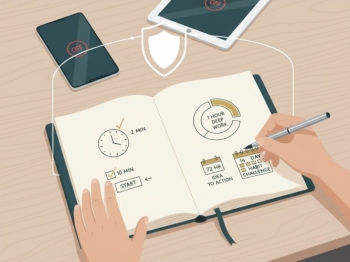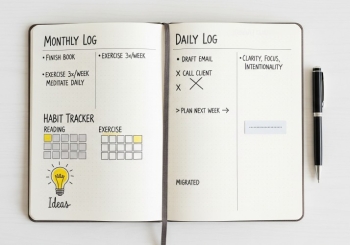I still remember when my daughter first entered puberty. The changes came so fast that, at times, I felt like I was living with a completely different person. She became quieter, more irritable, and would occasionally slam her bedroom door, leaving my husband and me with a helpless look on our faces. I knew it was an inevitable phase, but even as I tried my best to understand the teenage mind, it wasn't easy to walk alongside her.
The Teenage Years: Secrets Not Easily Spoken
My friends, all busy city-dwelling parents, often sigh with the same sentiment: "I just don't understand my kid anymore!" One child is sullen, another reacts harshly to the gentlest reminder. But if you truly want to understand your teenager, try to listen. You’ll find that beneath that "rebellious" shell are many things they want to say but don't know how to begin.
A small survey of teenagers revealed that what they desire most from their parents is to be heard without judgment. "I just need my parents to sit with me, listen to my stories about school, without immediately giving advice or scolding me," shared Phuong Anh, 12. "Sometimes I just want to be alone, but my mom thinks I'm hiding something bad."
Personal Space: A Small Thing with Big Meaning
Many parents believe that keeping a tight rein on their children is the best way to protect them from the world's pitfalls. In reality, to understand a teenager, you must remember that they desperately need "a corner of their own"—whether it's a small desk or a private drawer. Respecting their personal space not only helps them feel trusted but is also the first step in teaching them to take responsibility for themselves.
I once tried to put myself in my daughter's shoes: If someone went through my belongings every time I came home, I would certainly feel just as upset as she did. From the day I decided to "let go" a little more, I noticed my daughter began to share more with me proactively, even things she used to keep hidden.
Listening: The Golden Key to Connection
Here's another point many parents overlook when trying to understand their teens: they don't always need advice. Sometimes, they just need you to listen and validate their feelings. "When I tell them about a bad grade, I don't want to hear, 'Why were you so careless?' I just need them to say, 'Well, I'm sure you tried your best. We can review it together next time,'" a student's confession made me think deeply.
Instead of rushing to intervene, try asking, "How did that make you feel?" Or simply sit beside them, letting them know that no matter what happens, you are always there.
Trust: The Foundation for Growth
Perhaps the hardest thing for a parent is to learn to trust their child. Sometimes, a single rumor is enough to make us doubt them, check their phones, or snoop through their diaries. But the more we control, the more they distance themselves. As one young person said, "If my parents don't trust me, I don't want to tell them anything anymore."
I choose to trust my daughter until there is a genuine reason to doubt. Because I understand that only when trusted will she dare to be herself, dare to share her failures and stumbles.
Connecting in a Busy World
City life pulls parents into the whirlwind of work, but just a few minutes each day—a phone-free dinner, a simple question like, "How was your day?"—is enough to maintain the thread of connection with your child. Don't wait until they no longer want to talk to realize you've missed those precious moments.
Understanding the teenage mind is a long journey, full of challenges for both child and parent. But if we are patient enough to listen, respect, and trust, we will walk with them through these bittersweet years—and in return, gain a grown-up friend who is more mature and confident.














